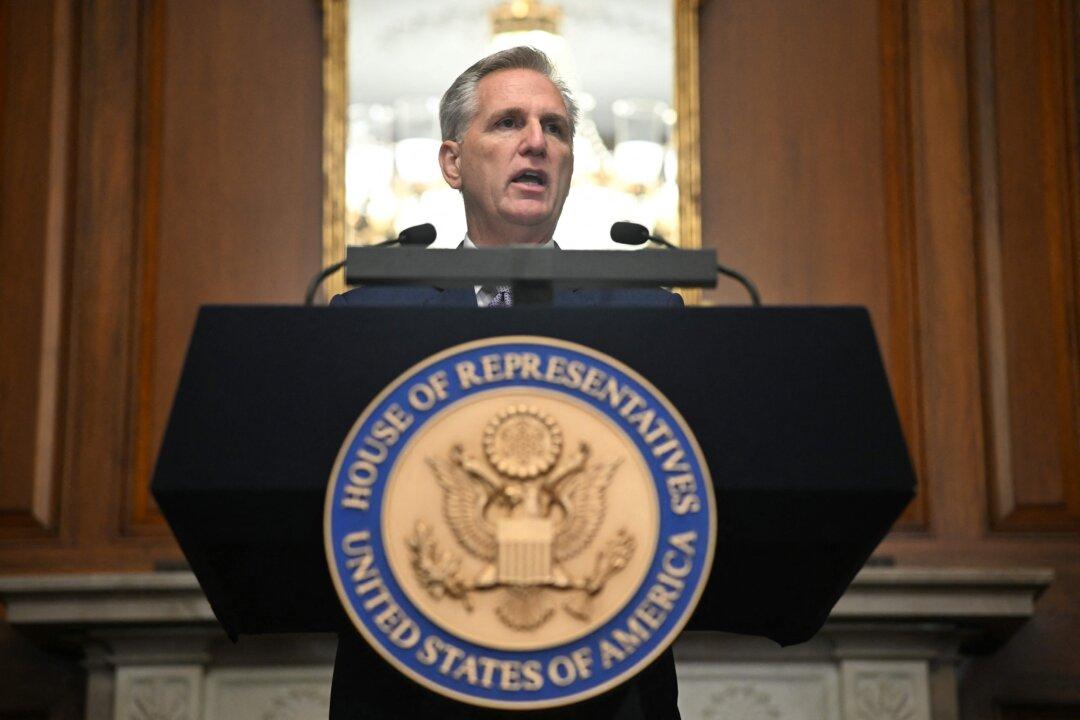Commentary
The speaker of the House of Representatives was dethroned by eight Republicans and all of the House Democrats, none of whom like the $550 million that he can funnel to his preferred Republican moderates. These donations influence the legislative process in favor of lobbyists and special interests, according to the former speaker’s detractors.





